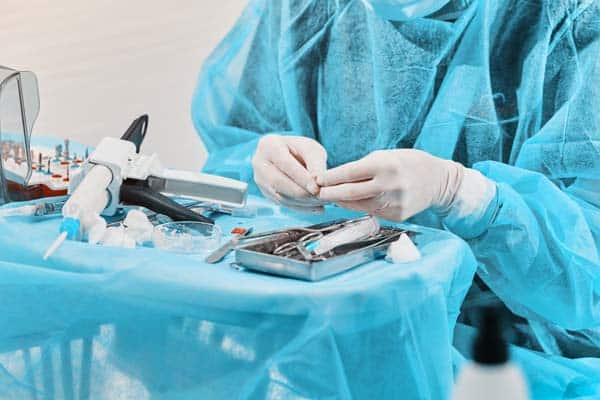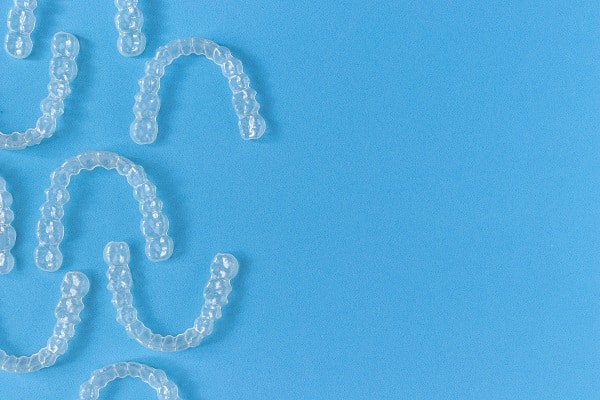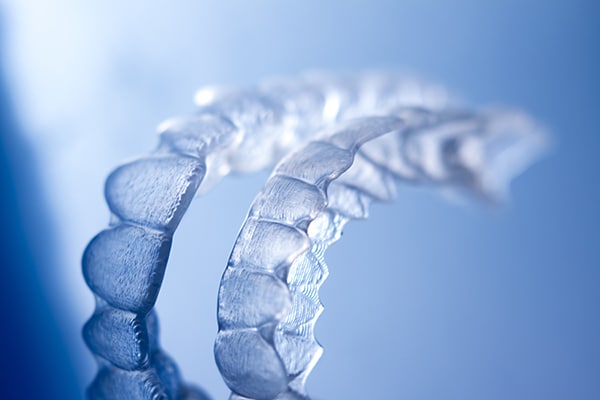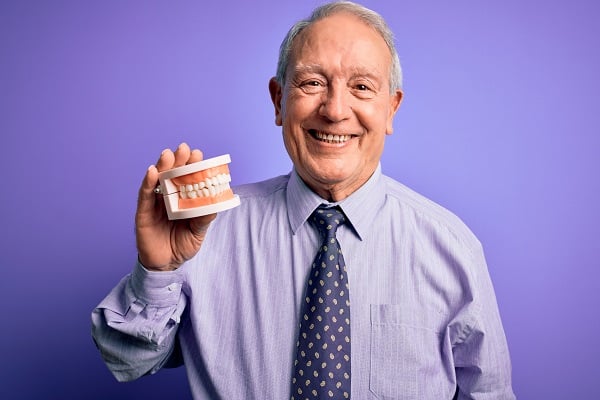Oral issues that require immediate treatment are considered dental emergencies. Such problems can seems to occur at the worst moments possible, forcing someone to take time out of a busy daily schedule to safeguard their dental health and sanity.
Most people do not spend much time thinking about dental emergencies until one happens to them. However, with a little foresight, there are a number of preventative measures one can take to avoid unexpected dental problems.
How to prevent dental emergencies
Good oral hygiene goes a long way when it comes to avoiding the need for emergency dental care. It keeps the mouth healthy, which, in turn reduces the risk of teeth becoming damaged or infected. Here are preventative treatments that can be used to keep dental emergencies at bay:
1. Dental cleaning
A dental cleaning is typically performed during a routine trip to the dentist. It involves using a scraper to remove tartar and plaque from teeth surfaces. Tartar cannot be eliminated by brushing and flossing and it promotes tooth decay.
The early stage of tooth decay is marked by the formation of cavities on the patient’s teeth. This problem typically does not count as a dental emergency and can easily be fixed with a filling.
However, the advanced stages of tooth decay can lead to a tooth becoming infected. This requires immediate treatment to prevent the infection from spreading to other parts of the body. Getting teeth cleaned also protects against gum disease, which can likewise lead to dental emergencies.
2. Customized mouthguards
People who participate in contact sports should consider getting a customized mouthguard made by a dentist. This oral appliance protects the wearer’s teeth from hard contact to the face. It significantly reduces the odds of a tooth becoming knocked out.
Getting a tooth knocked out can be a traumatic emergency. Luckily, a tooth can often be reattached if the person gets to a dentist’s office within a few hours of the injury occurring.
3. Regular dental appointments
Regular visits to a dentist is an effective way to keep many dental emergencies at bay. During these appointments, the dentist cleans the patient’s teeth and performs a thorough examination of the mouth.
This gives the dentist an opportunity to detect any developing issues and suggest treatment before things get out of hand. For example, if a patient shows signs of being vulnerable to tooth decay, the dentist could perform a fluoride treatment or apply dental sealants to protect the patient’s teeth.
4. Night guards
People who grind their teeth during sleep should consider wearing a dental night guard to reduce the damage done to the teeth due to this habit. Bruxism can lead to dental emergencies like broken teeth that require immediate treatment. Such damage to teeth can also leave a patient in agony if the damage reaches the pulp chamber.
Dealing with a dental emergency?
While these tips can help, not all dental emergencies can be prevented. If one happens to you, seek treatment from an emergency dentist right away to avoid further complications.
Request an appointment here: https://www.peakviewdentistry.com or call PeakView Dentistry at (303) 578-5800 for an appointment in our Boulder office.
Check out what others are saying about our dental services on Yelp: Dental Emergencies in Boulder, CO.




